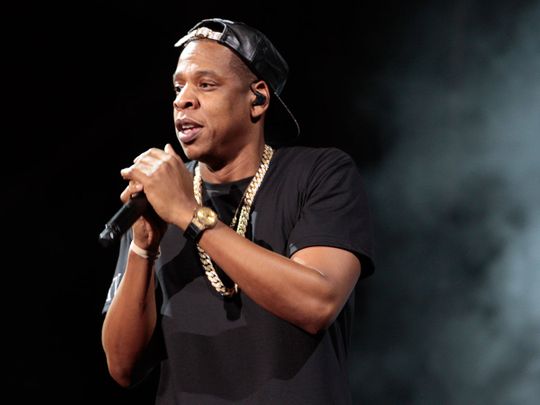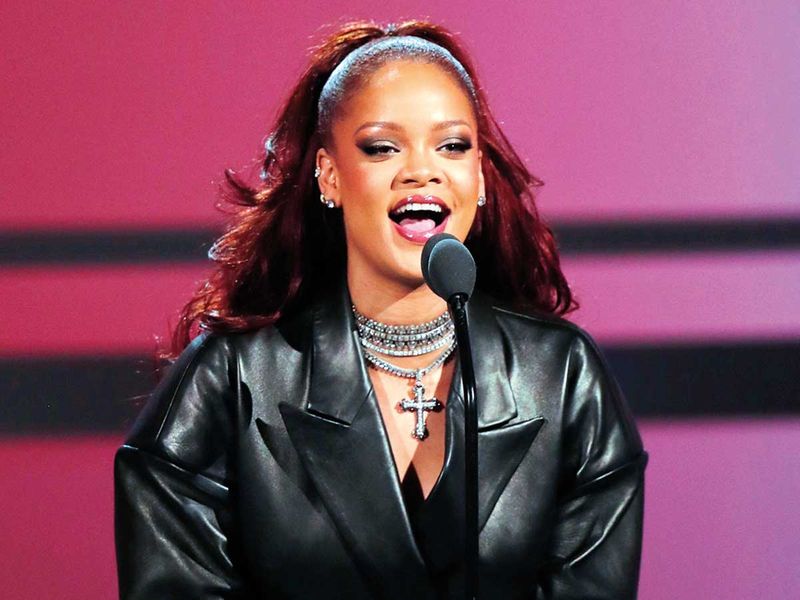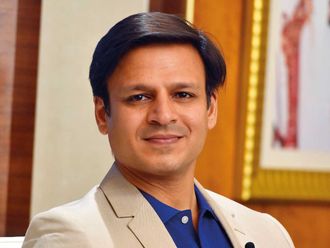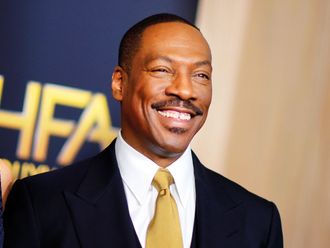
Rihanna, Jay Z, Charlize Theron and other celebrities are calling on the US Department of Justice to investigate the death of 20-year-old Danroy ‘DJ’ Henry Jr, a Black football player at Pace University killed by a white police officer in New York nearly a decade ago.
In a letter sent this week to Attorney General William Barr, the entertainers say Henry, who was from Easton, Massachusetts, “lost his life for no good reason and with absolutely no good explanation.” The case remains an “unhealed wound” for Henry’s family and the people of New York, they wrote.

“The DOJ must truthfully determine whether a pattern and/or practice of discrimination played a role in the case of DJ Henry — and if it did — deliver the justice that restores this young man’s name and reputation, while giving hope to other young black men who are just like him and desperate for change,” they wrote.
Others who signed the letter are Pharrell Williams, Taraji P. Henson, Odell Beckham Jr., Michael K. Williams, Kerry Washington, Mary J. Blige and Gabrielle Union.

An email seeking comment was sent Friday to DOJ spokespeople.
Federal prosecutors in the Southern District of New York announced in 2015 that they would not bring civil rights charges, saying a thorough review of evidence did not show that Pleasantville officer Aaron Hess acted with deliberate and specific intent to break the law. The officer was previously cleared by a grand jury.
Hess shot Henry as the latter drove through a parking lot, away from a disturbance that spilled out of a bar in October 2010 in Mount Pleasant, a New York City suburb.
Hess has said Henry was trying to run him down and that he fired through the windshield to stop the driver.
The Henrys have said Hess jumped front of the car, got onto the hood and shot their son for no good reason. Another officer, Ronald Beckley, shot at Hess, later saying he did so because he believed Hess was “the aggressor.”









